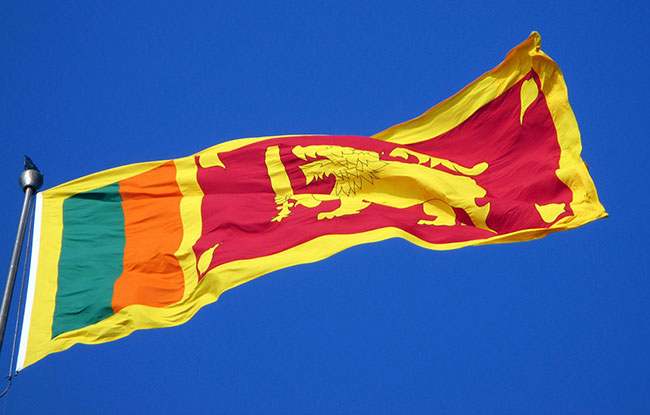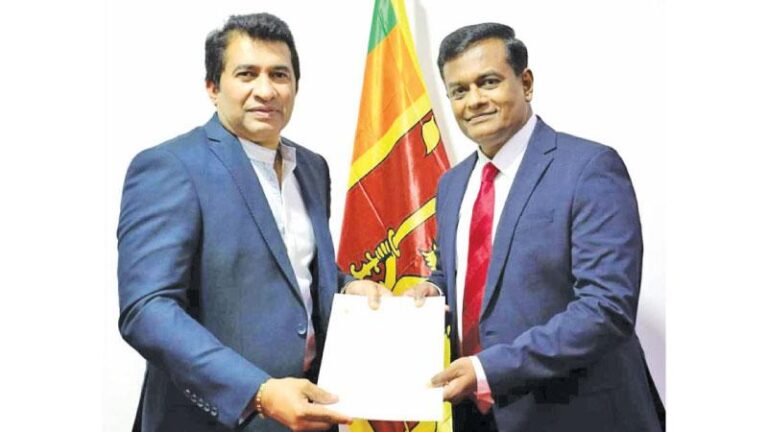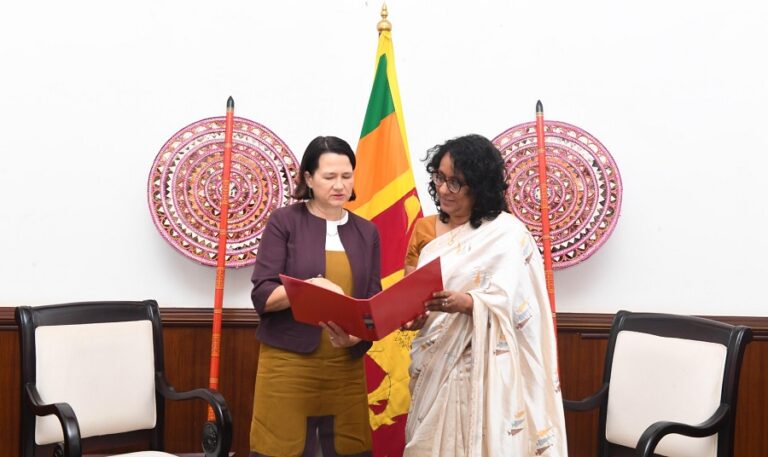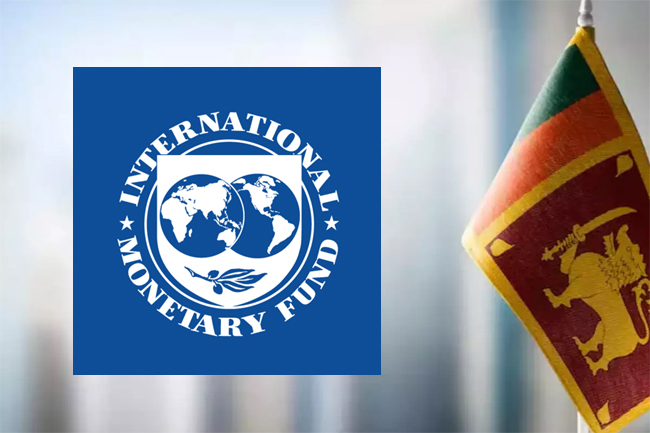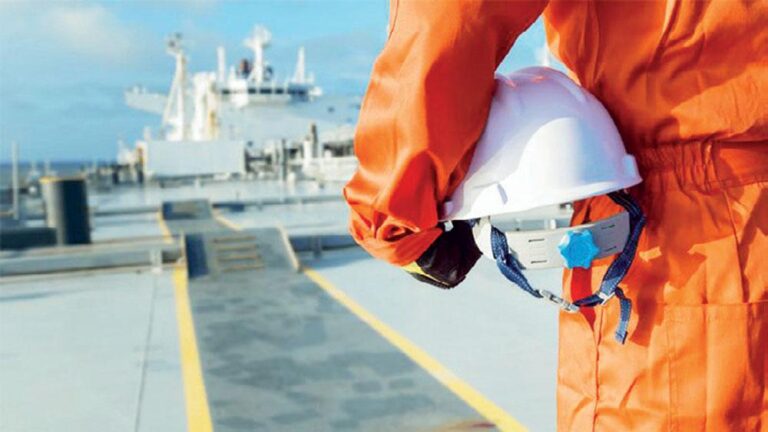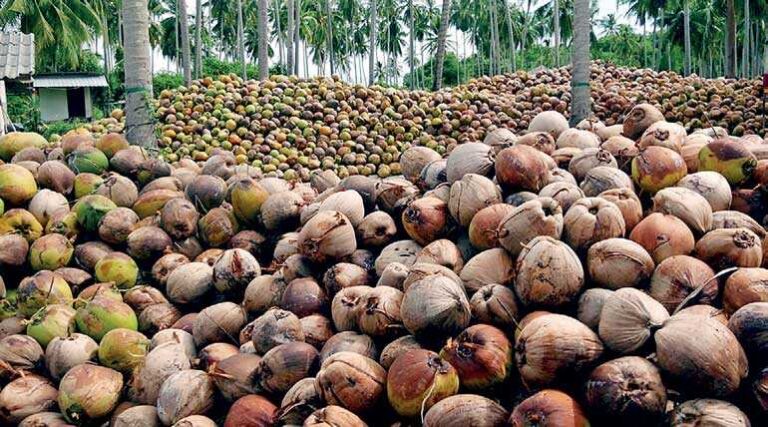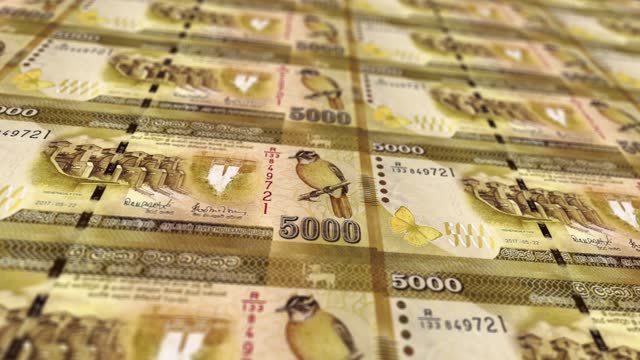February 04, Colombo (LNW): The 77th National Independence Day of Sri Lanka is set to unfold today (Feb 04) at Colombo’s iconic Independence Square, with the theme “Let’s join the national renaissance.”
The commemoration promises to be a reflection of the nation’s rich heritage and a renewed call for progress, albeit with a more modest approach this year.
The formal proceedings will begin promptly at 8:00 a.m., presided over by President Anura Kumara Dissanayake and Prime Minister Dr. Harini Amarasuriya.
In an effort to keep costs minimal, the event will see a significant reduction in its scale compared to previous years.
The grand Independence Day Parade, a central feature of the celebration, will see a 40 per cent reduction in military personnel compared to last year, focusing more on showcasing the nation’s heritage than on elaborate displays of force.
This year’s parade will involve only 1,873 military personnel, a noticeable decrease from the 3,384 who participated in 2024. The Sri Lanka Air Force will contribute with just three aircraft performing a fly-past, and the march will be composed entirely of foot soldiers.
Notably, the usual display of armoured vehicles will be absent from the parade this time.
A highlight of the occasion will be a 25-gun salute from a Sri Lanka Navy ship, continuing the tradition of paying homage to the nation on this significant day.
As the country observes its Independence, the military parade will carry a message of national unity and renewal, with a sharp focus on fiscal prudence.
These streamlined proceedings reflect a broader trend towards simplicity, with organisers aiming to ensure that the day remains meaningful and resonant without excessive expenditure.
In addition to the ceremonial changes, the city of Colombo will implement special traffic arrangements to ensure the event runs smoothly whilst minimising disruptions to the public.
The Police Department has advised all invitees to arrive before 7:00 a.m. to avoid delays, with all participants being directed to their designated seats promptly.
For the general public planning to attend, access will be available via Bauddhaloka Mawatha, where security checks will be conducted near the Sri Lanka Rupavahini Corporation before they are guided to their designated areas.
Key roads around the Independence Square and other related venues will be closed for the duration of the ceremony. Traffic will be restricted along several major routes, including Bauddhaloka Mawatha, Torrington Junction, and Premakeerthi de Alwis Mawatha, to ensure safe and efficient management of the event.
The police have also outlined several alternative routes for commuters, aiming to reduce congestion around the capital during the event:
- Vehicles coming from the direction of Nanda Motors should turn right at Independence Roundabout and continue via Philip Gunawardena Mawatha, Stanley Wijesundara Mawatha, and Bauddhaloka Mawatha towards Thummulla and Borella Cemetery.
- Drivers travelling from Bauddhaloka Mawatha towards Horton Roundabout can take Wijerama Mawatha as an alternative.
- Vehicles travelling from Wijerama Junction can follow the route towards Borella Cemetery, with Thummulla also serving as a viable route.
Additionally, residents within the restricted zones will be allowed entry if they present valid identification to the authorities.


